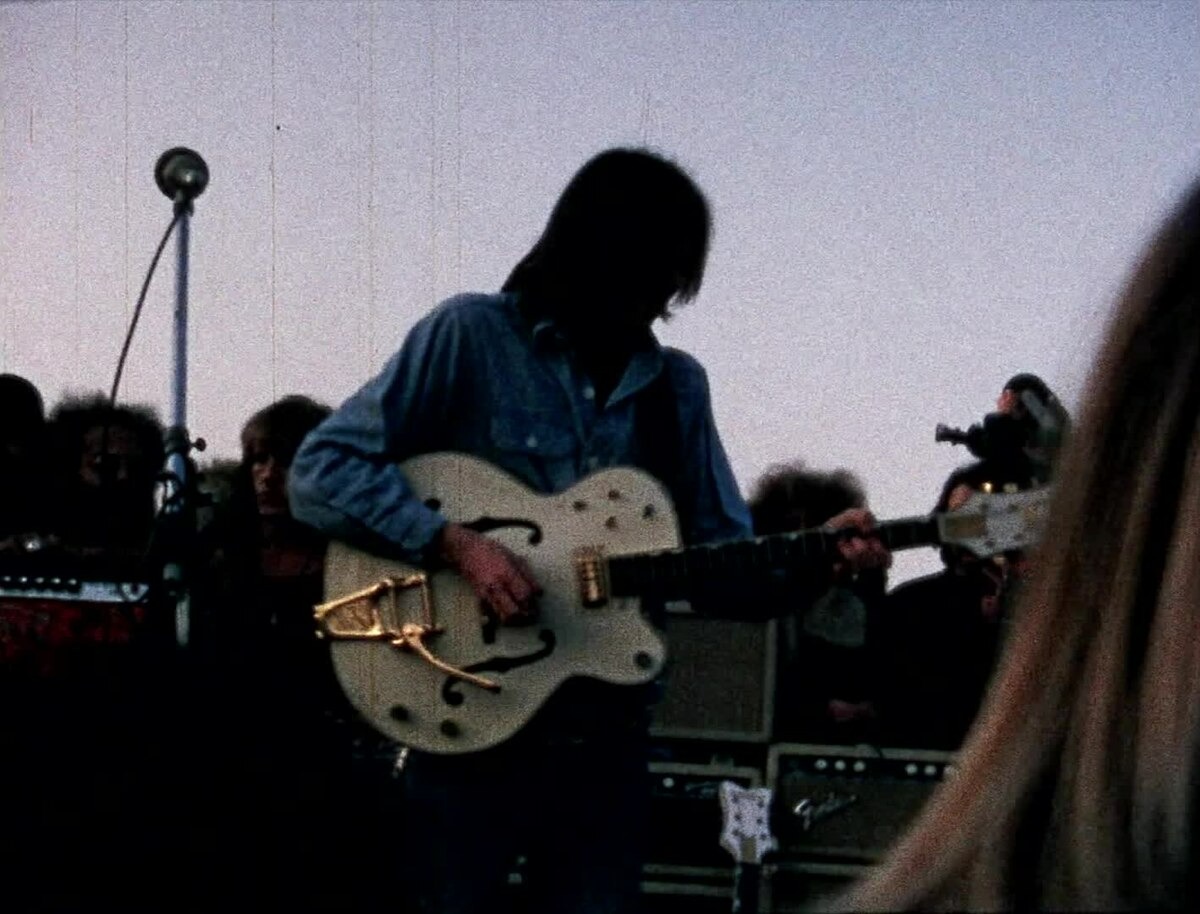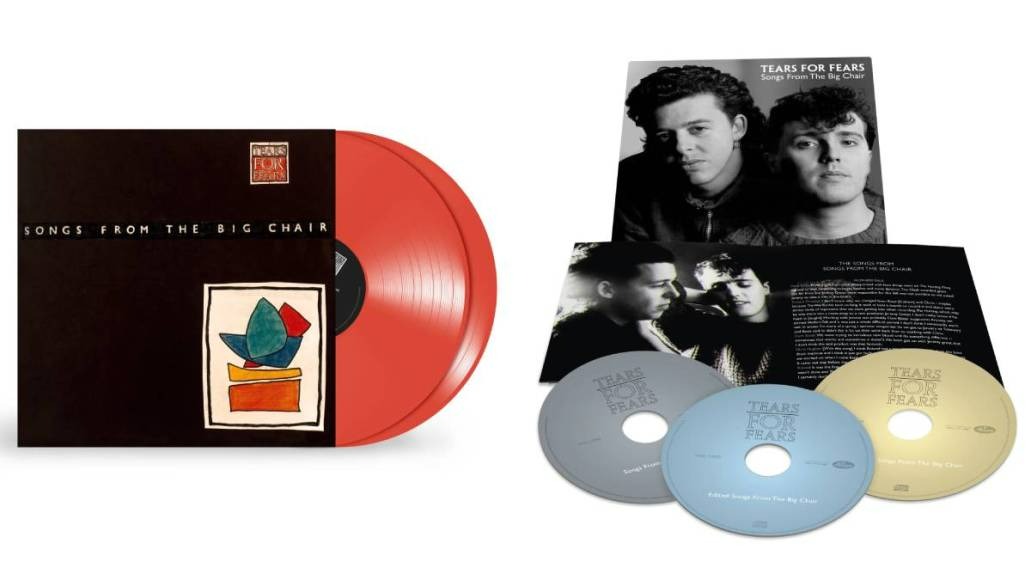Sam Cooke never lived to see his greatest song become a rallying cry for justice. “A Change Is Gonna Come” hit record stores in 1964, months after the singer’s tragic death, carrying the weight of Birmingham church bombings and personal encounters with segregation. The track blended gospel’s spiritual power with unflinching political commentary—a formula that transformed popular music into a protest weapon.
While the song barely registered on charts initially, it evolved into something far more powerful than a hit: a sonic blueprint for social change that politicians still invoke sixty years later.
From Gospel Roots to Political Revolution
The inspiration struck after Cooke faced racial discrimination firsthand, watching his country tear itself apart over basic human dignity. He channeled gospel stylings learned in church into lyrics that spoke directly to Black Americans living under Jim Crow’s brutal realities.
The song’s sophisticated production and emotional delivery created something unprecedented—a pop song that doubled as a political manifesto. Cooke himself viewed the track as his opportunity to voice the struggles and hopes of an entire community, knowing full well the risks of speaking truth to power in 1960s America.
The Misfire That Proves the Point
Politicians who misread musical messages risk spectacular backfire, as Reagan’s campaign discovered.
Music’s political power cuts both ways, as Ronald Reagan learned when his 1984 campaign co-opted Bruce Springsteen’s “Born in the U.S.A.” The Boss’s bitter commentary on Vietnam veteran mistreatment got rebranded as patriotic cheerleading—a misreading that sparked lasting debate about authenticity versus appropriation.
Such mistakes reveal music’s dangerous potency: songs carry embedded meanings that resist political manipulation. When campaigns get it wrong, the backlash can undermine credibility faster than you can say “party playlist fail.”
The Permanent Revolution
From Library of Congress preservation to contemporary protests, certain songs refuse to stay silent.
“A Change Is Gonna Come” now sits in the National Recording Registry alongside the Smithsonian’s most treasured artifacts, its influence expanding with each generation. Political figures continue enlisting Cooke’s anthem for campaign soundtracks and commemoration ceremonies. This transforms a single recording into perpetual political currency.
The song’s journey from chart underperformer to cultural cornerstone proves that musical influence operates on different timelines than commercial success. Today’s artists understand this power. The most effective political songs aren’t always the loudest—they’re the ones that lodge in our collective memory and refuse to let go.


























